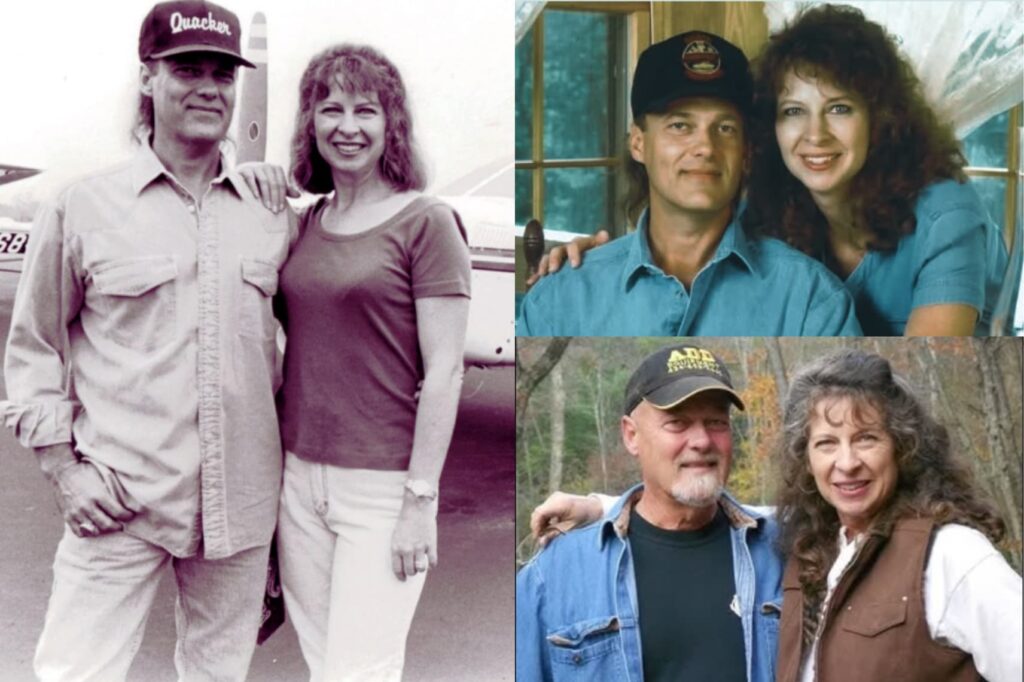
This simple ballad is an intimate and heartbreaking confession of a love that lingers long after it’s over.
Some songs arrive like a sudden, summer thunderstorm, a flash of brilliance that leaves as quickly as it came. Others, however, are more like a gentle, persistent rain—they seep into the very soil of our memories, nurturing feelings we thought had long since withered. Ricky Van Shelton’s 1990 classic, “I Still Love You,” is a song of the latter kind, a tender, mournful ballad that became a quiet but powerful force in the early days of a new decade. Though it never reached the top of the charts as some of his other hits did, its story and sentiment are etched into the hearts of a generation of country music lovers.
Released as the B-side to the number one hit “I’ve Cried My Last Tear For You,” and featured on the platinum-selling album RVS III, the song’s chart performance tells a tale of its own. While the A-side was a declaration of moving on, a defiant stand against heartbreak, “I Still Love You” offered the painful, honest counterpoint. It was the truth whispered in the dead of night, after the loud, public bravado had faded. This duality is what made the song so compelling; it spoke to the vulnerability that so often lies beneath a facade of strength. It was a song for those who, despite their best efforts, simply couldn’t forget. This was an era when Ricky Van Shelton was at the peak of his power, a new-traditionalist icon whose smooth, rich baritone and classic country sensibilities offered a comforting bridge between the genre’s past and its more modern future. He was a voice you trusted, a friend you could lean on when your own heart was in pieces.
The genius of “I Still Love You,” penned by the singer himself, lies in its unflinching simplicity. It isn’t a grandiose, theatrical epic of heartbreak. Instead, it’s a series of small, private confessions that paint a vivid portrait of enduring loss. The lyrics are a raw and intimate conversation with a ghost, an admission that every part of his world is still touched by the woman he lost. He’s a man tormented not by dramatic confrontation, but by the quiet, everyday reminders. He sees her name on a wall and feels the familiar sting. A stranger mentions her, and he’s thrown back into the past. He drives by her old neighborhood, and the memory is so real he can almost feel her beside him in the car. It’s the subtle, constant ache of a love that lives on, not in happy memories, but in the wounds it left behind.
For those of us who came of age during that time, this song was more than just a tune on the radio. It was the soundtrack to late-night drives down deserted backroads, the hushed companion to countless solitary moments spent staring out a window, wrestling with our own ghosts. It evoked a shared experience of love and loss that transcended individual stories. Ricky Van Shelton’s voice, with its perfect blend of warmth and weary resignation, didn’t just sing the words—he inhabited them. He wasn’t just telling a story; he was living it, and in doing so, he gave us all permission to do the same. This isn’t a song about hope or reconciliation; it’s an acceptance of a new, bittersweet reality. It’s the profound sadness of knowing that some feelings never truly go away. They just become a part of who you are.